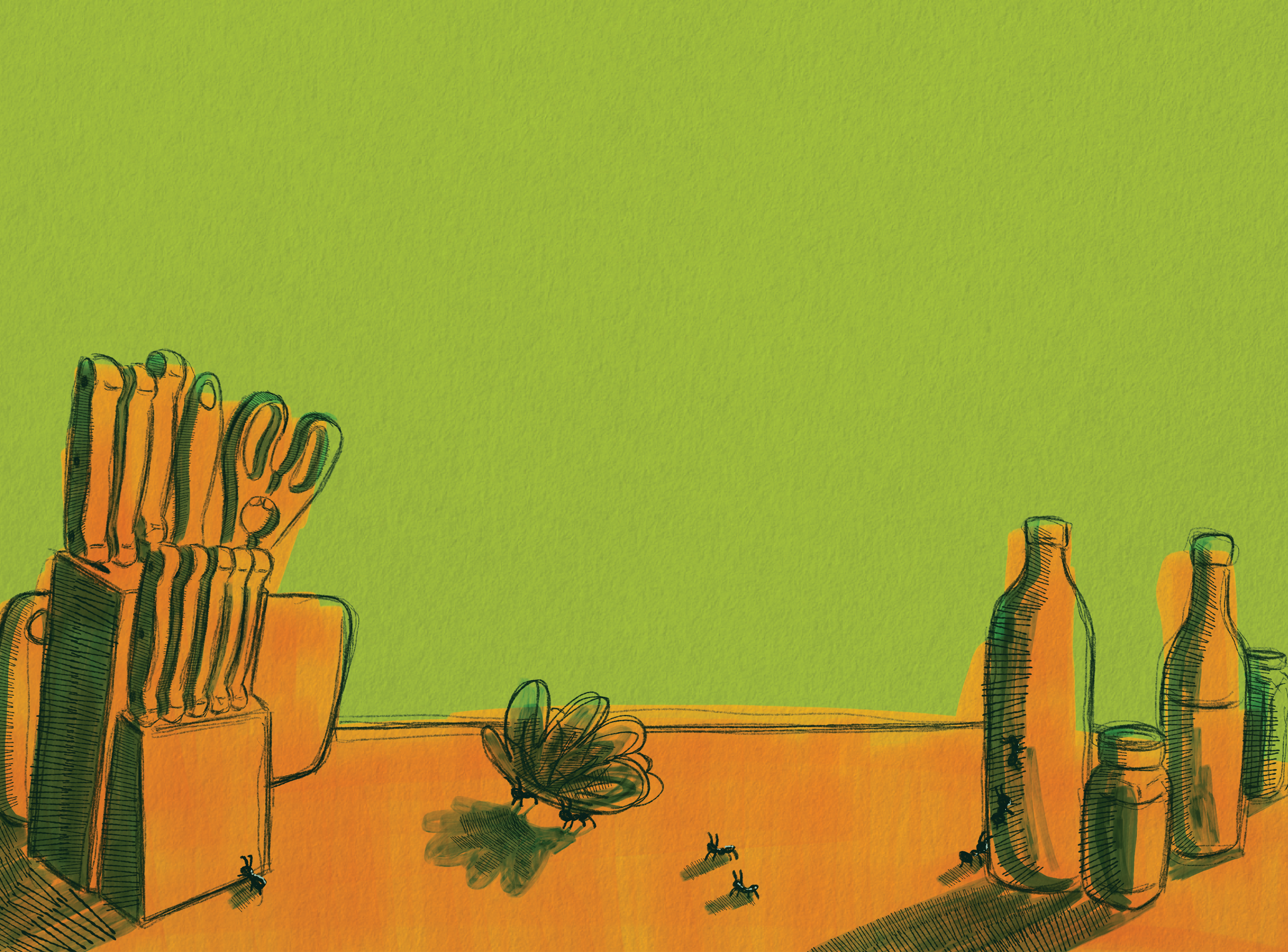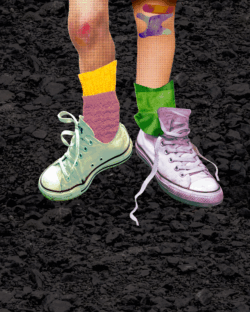Information spread early after an disaster is usually wrong. When my Mom received the first phone call about the quake, she was told that the epicenter had been in Ancash, Peru—my parents’ home region, and the center of a 1970 quake. That information wasn’t right; the quake hit hundreds of miles south. But with that one wrong word, a lifetime of mental scars were reopened.
I was sitting at home in the middle of August when I heard my mom yelling from outside my door to “ask my internets” something. This usually means she just saw something on the news that concerns her and she wants more information. The tone of her voice suggested she was serious; then again, she also used that tone when she was asking me about the latest information on Paris Hilton’s incarceration. Moments later, she clarified what she wants: “check if there’s any news on an earthquake in Peru.”
The next few hours were among the most tense I have ever experienced in my house. The majority of our family still lives in Peru, where both of my parents are from. In my mother’s childhood, she lived close to the epicenter of the 1970 earthquake that killed over 50,000 people, including many of the inhabitants of her hometown. My father’s family had also been touched by the disaster. His great-grandmother died in an avalanche in the same quake.
The time that elapsed between the earthquake and our learning about it was less than an hour. For the next hour after we found out, no one in Peru answered any of our phone calls. Information slowly leaked to CNN and other news stations, as our three televisions were flipping through the various news stations, in a desperate search for new information. Reports weren’t encouraging; there was talk of tsunami warnings, phone service down everywhere, and Richter readings continually pushed upward towards 8.0, greater than the earthquake of 1970.
Eventually our phone calls began to connect. The people in Lima, the capital, had been too afraid to go back into their homes to answer their phones. That evening became a communal scavenger hunt, except we were hunting down friends and relatives. My mom called everyone she knew, asking someone to check on her mother’s apartment. Why wasn’t this aunt answering her phone? Who knows the status of that one cousin by the beach? Everyone was grateful that we had so many of our relatives in Peru install Skype, a computer program which allowed us to talk to them over the internet.
By the end of the evening, it was clear that the worst damage had occurred far to the south, and almost no one we knew had been seriously affected by the disaster. My parents still harbored fears of 1970, when the extent of the destruction wasn’t known for days. (https://halcyonliving.co.uk/) In this earthquake, the death toll climbed to several hundred within days, but by then we knew that that our relatives were out of harm’s way, and no one in our family had become a victim. The earth shook for two minutes, and the aftershocks lasted for days, but the deepest aftershocks came in those hours of uncertainty.




